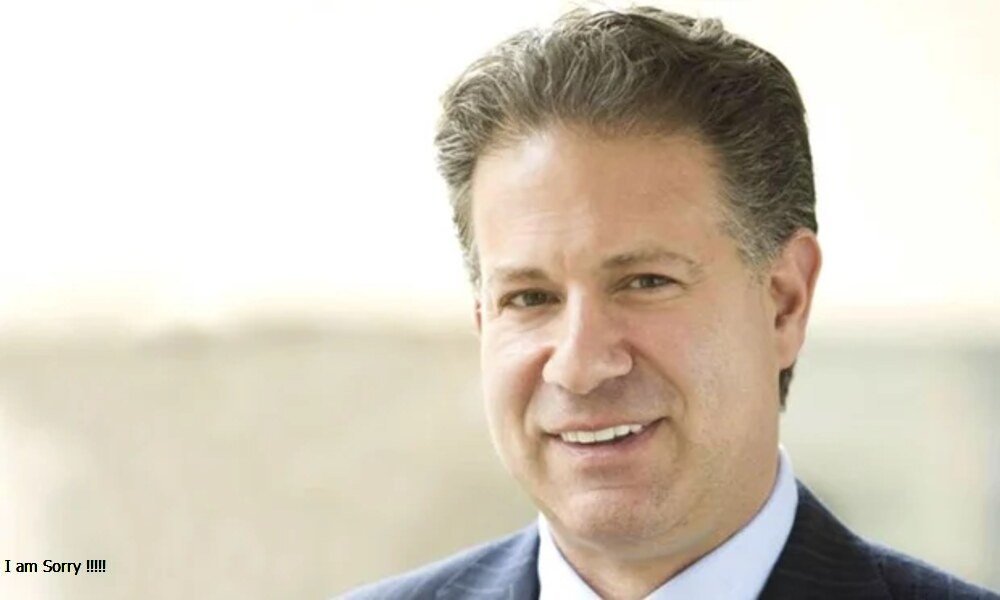Introduction
The entertainment giant Disney is facing legal scrutiny after a tragic wrongful death incident at Disney Springs. The case has sparked widespread media attention due to Disney’s initial attempt to dismiss the lawsuit using an unusual legal argument tied to Disney+ terms of service. This legal battle raises significant questions about corporate responsibility, consumer rights, and ethical business practices. As the lawsuit progresses, it has become a focal point for discussions on how major corporations handle legal disputes, particularly those involving serious allegations like wrongful death. In this article, we will explore the details of the lawsuit, Disney’s defense strategy, the public backlash, and the potential implications for corporate policies moving forward.
Understanding the Case: What Happened?
The wrongful death lawsuit against Disney originated from a tragic incident involving Dr. Kanokporn Tangsuan, who suffered a fatal allergic reaction at Raglan Road Irish Pub, a restaurant located in Disney Springs. According to the lawsuit, Dr. Tangsuan, who had severe allergies, was assured by restaurant staff that her meal was free of allergens. Despite these assurances, she suffered an anaphylactic reaction shortly after consuming the food, leading to her untimely death.
Her fiancé, Jeffrey Piccolo, filed the lawsuit against Disney and the restaurant, alleging negligence in food preparation and failure to provide a safe dining experience. The legal claim seeks damages exceeding $50,000 and aims to hold Disney accountable for its establishment’s role in the fatal incident. The case has gained significant traction due to Disney’s unexpected and controversial legal defense strategy.
Legal Battle: The Wrongful Death Lawsuit Against Disney
Jeffrey Piccolo’s lawsuit centers on claims that Disney and the restaurant failed to adhere to proper safety protocols when serving food to customers with severe allergies. The complaint argues that Disney, as the establishment’s owner, had a duty to ensure that its guests were protected from foreseeable harm.
In cases of wrongful death, the plaintiffs must establish that negligence occurred and that it directly resulted in the victim’s death. The lawsuit asserts that the restaurant’s assurances were misleading, leading to a tragic and preventable outcome. The legal filing emphasizes the importance of accountability, particularly when a company as influential as Disney is involved.
Disney’s Controversial Legal Strategy
One of the most shocking aspects of this case was Disney’s initial attempt to have the lawsuit dismissed based on an arbitration clause found in the terms of service for Disney+. Disney argued that because Piccolo had previously subscribed to Disney+, he had agreed to arbitration clauses that extended to all disputes with the company, even those unrelated to streaming services.
This legal maneuver was criticized by legal experts and the public. Many questioned the ethics of using a streaming service’s terms of service as a defense in a wrongful death lawsuit, mainly when the case had no direct connection to Disney+. Critics argued that this approach highlighted how large corporations attempt to use broad legal protections to avoid facing accountability in court.
Backlash & Public Response
The public reaction to Disney’s defense strategy was overwhelmingly negative. Social media users expressed outrage over the attempt to dismiss a wrongful death lawsuit using arbitration agreements unrelated to the incident. Many called for boycotts of Disney products and services, accusing the company of prioritizing legal loopholes over justice for the victim’s family.
News outlets and legal analysts dissected the implications of this strategy, with consumer rights organizations warning that such legal tactics set a dangerous precedent. If Disney’s argument had succeeded, it could have opened the door for other corporations to use similar arbitration agreements to shield themselves from lawsuits in unrelated matters.
Disney’s U-Turn: Withdrawing the Motion to Dismiss
Amid the growing backlash, Disney ultimately withdrew its motion to dismiss the lawsuit. The company issued a statement clarifying that it had reconsidered its legal approach and would allow the case to proceed in court. While this move was seen as a victory for consumer rights, it also raised questions about why Disney attempted such a defense in the first place.
Legal experts speculate that Disney’s withdrawal was driven by public pressure and the potential for reputational damage. Given the widespread media coverage and the ethical concerns raised, the company likely recognized that continuing with its initial defense strategy would have further damaged its brand image.
Legal & Ethical Implications for Disney and Corporations
This case has broader implications beyond Disney. It underscores the ethical concerns surrounding arbitration clauses in consumer agreements and how corporations attempt to use them in legal disputes. Many companies include mandatory arbitration clauses in their terms of service to limit consumer lawsuits, often burying these clauses in lengthy legal documents that most customers do not read.
Consumer rights advocates argue that such clauses should not be used to bypass legitimate legal claims, particularly in cases involving wrongful death or serious harm. The controversy surrounding Disney’s defense strategy has reignited discussions on corporate accountability and the need for stronger consumer protections.
From a legal perspective, this case may prompt lawmakers to reconsider how arbitration agreements are applied in unrelated legal matters. If corporations can use broad arbitration clauses to avoid court trials in cases like wrongful death, it could lead to increased regulatory scrutiny and potential legal reforms.
What Happens Next? Possible Legal Outcomes
With Disney’s motion to dismiss withdrawn, the case will proceed through the legal system. Possible outcomes include:
- Settlement: Disney may settle the lawsuit privately to avoid further negative publicity and potential legal costs.
- Trial: If no settlement is reached, the case could go to trial, where the court will determine whether Disney and the restaurant were negligent.
- Legal Precedent: If the case proceeds to court and results in a significant ruling, it could set a legal precedent regarding corporate liability in similar cases.
Regardless of the outcome, this lawsuit has already significantly impacted public discussions of corporate legal strategies and consumer protection.
Conclusion: The Bigger Picture
The Disney wrongful death lawsuit is a powerful example of the intersection between corporate legal strategies, consumer rights, and public accountability. While Disney has since withdrawn its controversial legal argument, the case has sparked meaningful conversations about how corporations handle serious legal disputes. It highlights the need for ethical business practices, especially when dealing with matters of life and death.
For consumers, this case underscores the importance of understanding arbitration clauses and the potential legal implications of agreeing to terms of service. For corporations, it serves as a cautionary tale about the risks of relying on aggressive legal tactics that may backfire in the court of public opinion.
As the case progresses, it will continue to be closely watched by legal experts, consumer advocates, and the general public. The outcome may shape future legal battles and influence corporate liability and arbitration agreement policies, ensuring justice and accountability remain at the forefront of such disputes.
Do Read: Smoothstack Lawsuit – Allegations, Legal Battles & Industry Impact















